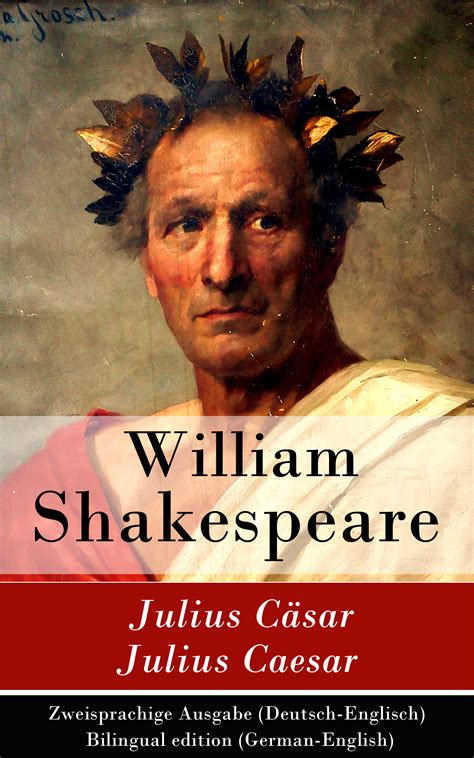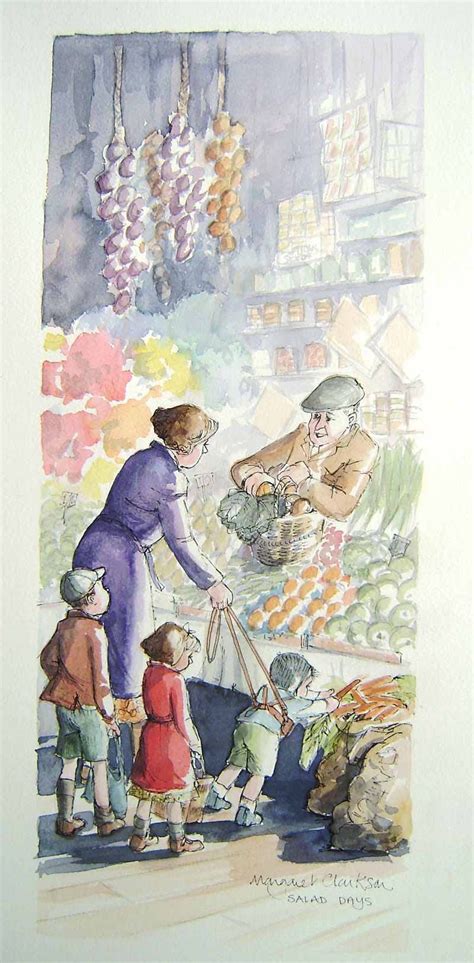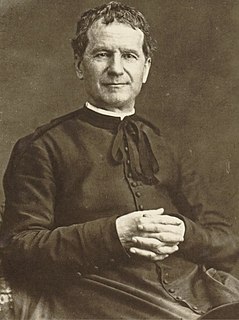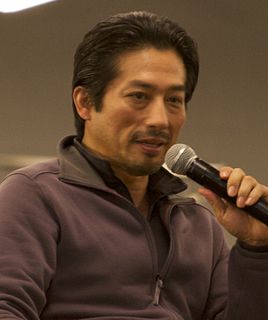A Quote by William Mountford
When we feel how God was in our sorrows, we shall trust the more blessedly that He will be in our deaths.
Related Quotes
God has so ordered, that in pressing on in duty we shall find the truest, richest comfort for ourselves. Sitting down to brood over our sorrows, the darkness deepens about us and creeps into our heart, and our strength changes to weakness. But, if we turn away from the gloom, and take up the tasks and duties to which God calls us, the light will come again, and we shall grow stronger.
On accepting adversity in our lives: Always it is initiated by an act of will on our part; we set ourselves to believe in the overruling goodness, providence, and sovereignty of God and refuse to turn aside no matter what may come, no matter how we may feel. I mistakenly thought I could not trust God unless I felt like trusting Him. Now I am learning that trusting God is first of all a matter of the will. I choose to trust in God, and my feelings eventually follow.
IF WE AND OUR POSTERITY SHALL BE TRUE TO THE CHRISTIAN RELIGION, IF WE AND THEY SHALL LIVE ALWAYS IN THE FEAR OF GOD AND SHALL RESPECT HIS COMMANDMENTS, IF WE AND THEY SHALL MAINTAIN JUST MORAL SENTIMENTS AND SUCH CONSCIENTIOUS CONVICTIONS OF DUTY AS SHALL CONTROL THE HEART AND LIFE, WE MAY HAVE THE HIGHEST HOPES OF THE FUTURE FORTUNES OF OUR COUNTRY. OUR COUNTRY WILL GO ON PROSPERING.
Health is God's great gift, and we must spend it entirely for Him. Our eyes should see only for God, our feet walk only for Him, our hands labor for Him alone; in short, our entire body should serve God while we still have the time. Then, when He shall take our health and we shall near our last day, our conscience will not reproach us for having misused it.
Seven years ago when I came, I said to you that I'll teach you how to be healthy, happy and holy and we will build a family which shall not have any facet of human life as an orphan; to build an exclusive family in which there is no facet of our life which is an orphan. 'In God we trust,' We are the trust of God and let us live it.
Only let it be trust in God, not in man, not in circumstances, not in any of your own exertions, but real trust in God, and you will be helped in your various necessities... Not in circumstances, not in natural prospects, not in former donors, but solely in God. This is just that which brings the blessing. If we say we trust in Him, but in reality do not, then God, taking us at our word, lets us see that we do not really confide in Him; and hence failure arises. On the other hand, if our trust in the Lord is real, help will surely come.
Prayer assumes the sovereignty of God. If God is not sovereign, we have no assurance that He is able to answer our prayers. Our prayers would become nothing more than wishes. But while God's sovereignty, along with his wisdom and love, is the foundation of our trust in Him, prayer is the expression of that trust.
At times it may seem worse - harder, at least - to live through the despair of this loss without the temporary comfort of our addictive behaviour. We cannot drown our sorrows. We must face the fact that we don’t know, really, where we are, how we got here, how long the pain will last, or how to move past it. That uncertainty may be the most painful part of not knowing a God: no one is there to reassure us that a God will take the pain and confusion away. We simply don’t know. And we have no way to numb ourselves or to forget the condition we’re in.
In scripture we are told of some trusting in God and others trusting in idols, and that God is our refuge, our strength, our defense. In this sense God is the rock of his people, and false Gods are called the rock of those that trust in them. In the same sense the Gods of the King who shall do according to his will are called Mahuzzims, munitions, fortresses, protectors, guardians, or defenders.


































